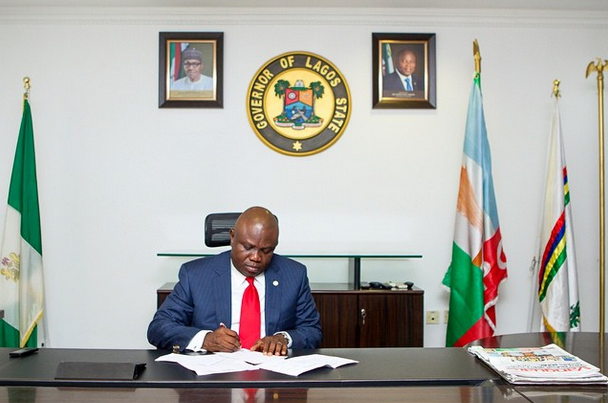The World Bank Group President, Mr Jim Kim, has urged African countries to grow with the ditilised economies and the spread of advanced technologies, in order not to lose millions of jobs.
Kim gave the advice on Thursday in Washington DC in a press conference to mark the official opening of the 2018 IMF/World Bank Spring Meetings.
He said the advice became necessary because the global economies had become digitalised and the spread of advanced technologies like 3D printers, robots, and artificial intelligence was growing.
“We are extremely concerned that many African countries are not prepared to compete in what is becoming a digitalised economy.
“We are also seeing lots of evidence that suggest that many of the low skill jobs will be taken over by technology.
“We hope that technology will help many African countries grow and find new ways of driving economic growth,” he said.
Kim also advised Nigeria and other African countries to invest more in education which he said was the only way to take advantage of the growing economic digitalisation.
“Without adequate education, Africans would learn less and earn less in the future. We have good data on that.
“When stunting rate is over 30 per cent and sometimes close to 50 per cent, that group of young children will not be prepared to compete in a digital economy in the future.
‘So human capital is a huge issue.”
Kim also harped on the need for Africa to improve its tax system and increase domestic resource mobilisation to build the much needed infrastructure such as roads, schools, hospitals and energy.
“We think that countries should collect at least, 15 per cent of their GDP in taxes and many African countries, including Nigeria, don’t.
“Also, African countries should remove fuel subsidies which are very regressive, in other words, they help the rich more than they help the poor.
“Even many agricultural subsidies are also very regressive. They do not help the small holder farmers but help others in the value chain.’’
Kim also advised African government to increase Tobacco taxes to raise more revenue and decrease smoking.
Meanwhile, in another press conference, the IMF Managing Director, Ms Christine Lagarde, said that Global debt stood at 164 trillion dollar, representing 25 per cent of global GDP.
She said that the rising debt levels presented risk to low income countries.
Lagarde said that such countries might face hardship and be unable to repay these debts, if they did not look for alternative measures to borrowing.




